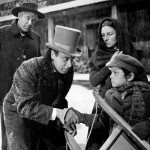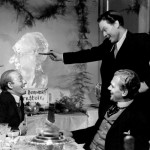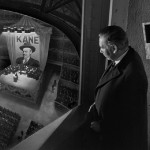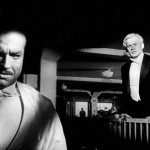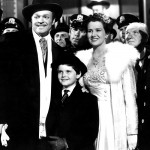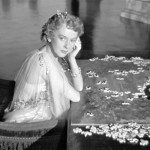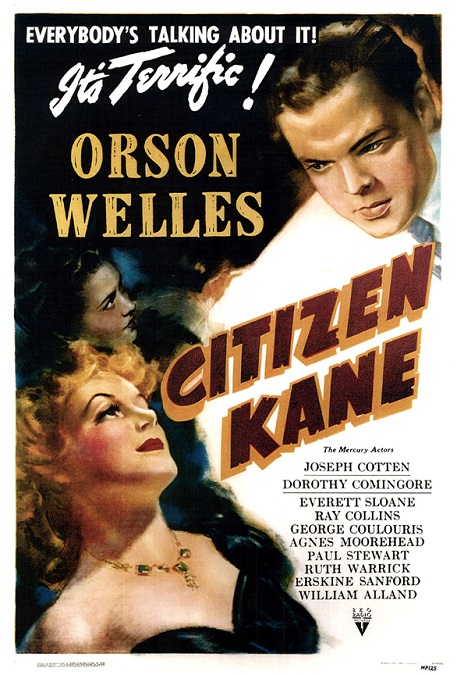
Citizen Kane – 1941
Everybody I talked to said that Citizen Kane was the greatest movie ever made. I read on Wikipedia that “Citizen Kane was voted the greatest film of all time in five consecutive Sight & Sound’s poll of critics until it was displaced by Vertigo in the 2012 poll. It topped the American Film Institute’s ‘100 Years … 100 Movies’ list in 1998, as well as AFI’s 2007 update. Citizen Kane is particularly praised for its cinematography, music, and narrative structure, which were innovative for its time.
And there’s the trick. For its time. In 1941, and for many years after, I imagine that was true. But the film is now 73 years old. Am I to think, then, that in the last 73 years, not a single movie has been its equal except Vertigo? Of course not. I find that to be a silly notion.
But like I said, in 1941 it very well might have been the best film ever made, even though it LOST the Best Picture win to How Green Was My Valley. But never-mind that. I think it should have won.
But all its stigma aside, it was a very well made film. It chronicled the life of Charles Foster Kane, played by Orson Wells. He was a very good actor for such a young man, but it was his innovative genius as a director that really made him stand out. He was apparently doing things that had never been done before in film. But that was nothing new. Hitchcock was a genius who was doing some pretty amazing things behind the camera as well. In fact, I’d even go so far as to say that Hitchcock was a better director and made more interesting and captivating movies.
The film starts as Kane is on his death bed. He utters the enigmatic word “Rosebud…” He is one of the wealthiest man on the planet, one of the most eccentric, and near the end of his life, one of the most reclusive. The film then tells the story of his life as a reporter for a magazine interviews the people who knew him best to learn what his final word meant. Who or what was Rosebud?
The interviewer, whose face is never shown, speaks to Kane’s best friend, his lawyer, his manager, his second wife, his first wife having died in an automobile accident along with his son, and his butler. He gets a very good sense of who the legendary man was, but learns nothing about the meaning of the strange last word.
His best friend, played by Joseph Cotton, told most of his story. He told about his rise from a rich college dropout to a rich newspaper tycoon. Apparently it was very telling of the man that his original goals were noble and righteous, championing the rights of the common man. But as power corrupted him he became hard and tyrannical. I though Cotton was the weakest member of the cast. As the young man, he was just fine. But as the old man giving the reporter his interview, he didn’t act very… old.
His manager Mr. Bernstein, played by Everett Sloan, did very well in his role and was also a likeable character. He was loyal and honest, which made him appealing. Kane’s first wife, Emily Monroe, was played by actress Ruth Warrick. She was particularly good in the scene where she left Kane.
But the best actor in the film had to be Dorothy Comingore, playing the part of Susan Alexander, Kane’s second wife. Her part was complex and tragic. Comingore played it with depth and dramatic flair. The scenes where she is being interviewed were incredibly well acted. The character was nearly drunk enough to pass out, which must have been difficult for the actress to believably portray.
And in the end, we learn what the magazine reporter never does. We learn what Rosebud was and what it represented. In the very last scene of the film, as the reporter goes away disappointed, we see piles of junk, the flotsam and jetsam of Kane’s vast and wealthy existence. Among the various items being thrown into the fire is a child’s sled. On the sled’s surface is the painted word “Rosebud”
So what did it mean? Well, it represented the only time in Kane’s magical charmed existence when he had been truly happy, when he was a child, before coming into his vast inheritance. Wells was making the unbelievably subtle point that neither money, nor power, nor position are as important as innocence and happiness, which, in the end, is all Charles Foster Kane ever wanted.
